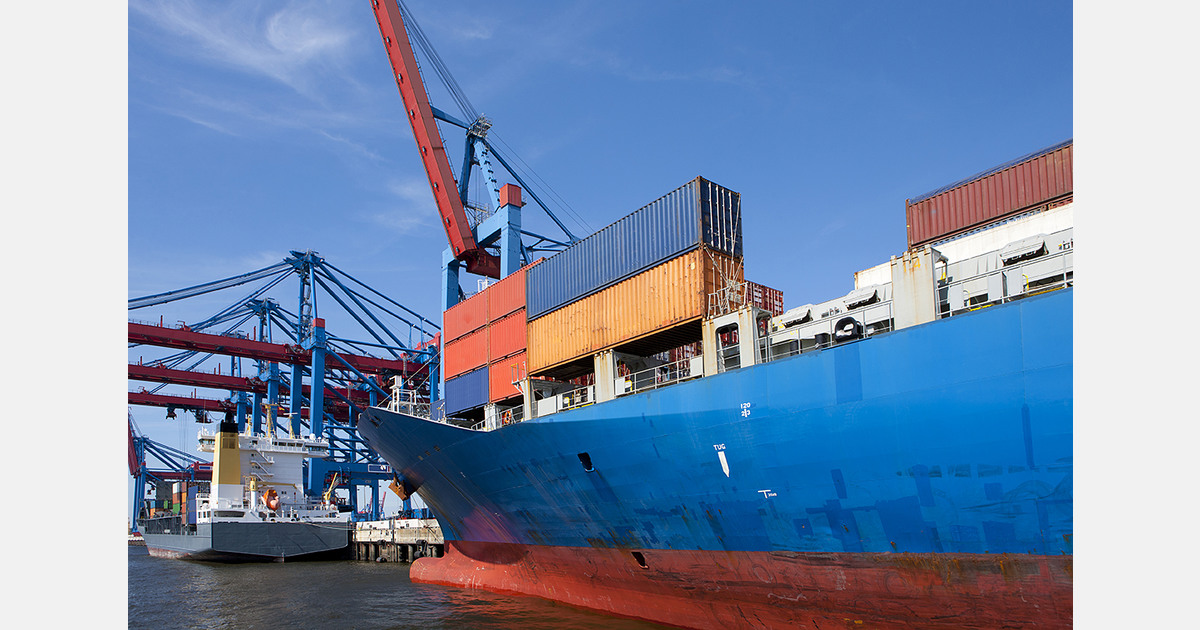
Beginning 25 June, the TA5 vessel will reroute, bypassing the port of Rotterdam and instead sailing directly from Felixstowe to Hamburg. This decision arises due to “current operational constraints” that impact the ability to maintain a regular service. This move by the shipowner responds to persistent capacity challenges at Europe’s most extensive container port.
In terms of downtime and surcharges, Maersk introduced an Inland Peak Surcharge (IPI/IPE) in May, related to congestion at Rotterdam and Antwerp ports. This surcharge, amounting to €10 per TEU, applies to all inland transport modes, covering road, rail, barge, and intermodal options, whether conducted by Maersk or under multi-carrier inland services.
This fee applies to shipments from and to deep-water terminals at both ports. According to the shipowner, the surcharge will remain as long as necessary to ensure adequate shipping capacity amid decreasing land operation efficiencies.
In June, Mediterranean Shipping Co. (MSC) alerted customers about extended transit times for specific services, attributing the delays to “continued difficult market conditions causing bottlenecks and delays across the supply chain.”
Data from the Seasearcher platform, managed by Lloyd’s List Intelligence, indicate that in the first week of June, 11 ships awaited entry at Rotterdam’s anchorage. Similar congestion issues are evident elsewhere, with six vessels in Hamburg and five in Antwerp as of June’s start.
Antwerp had initially bypassed the worst congestion due to protests, but still faces persistent delays. According to Drewry, average waiting times at Antwerp’s quay have escalated from 32 hours in week 13 to 44 hours in week 20, a 37% rise. Hamburg ports also face challenges, with certain operators reporting delays reaching six days. Asian carriers, including HMM, consistently report bottlenecks.
Lloyd’s List Intelligence analysts cite causes for these port congestions as being multifaceted, including high shipping demands, changes in shipping alliance structures (e.g., 2M’s collapse, Gemini Cooperation’s formation), hydrological issues, and frequent strikes in both public and private sectors.
Drewry analysts forecast these issues could persist until the peak transport season concludes in August 2025. However, normalization may occur if no further disruptions arise, coupled with market stabilization in Asia and North America.
Source: Trans Info
Source: The Plantations International Agroforestry Group of Companies
